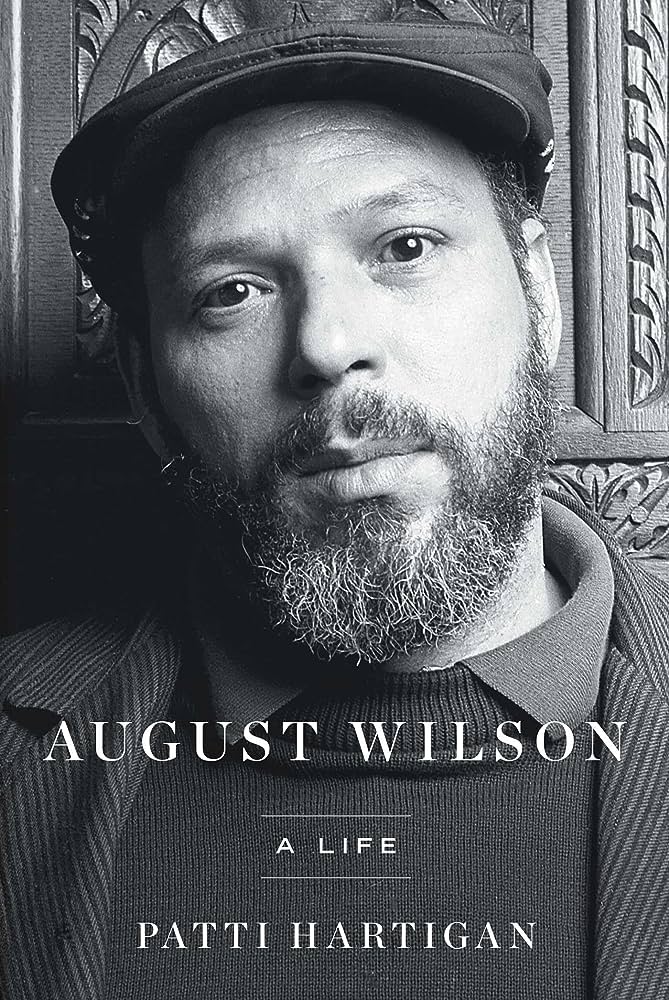Critics consider the 1980s and ’90s a renaissance of African American cultural production. In literature, Black women—Alice Walker, Toni Morrison, Paule Marshall, and others—took their place among the most important writers in American history. Many of the stories they told resurrected the lives of earlier generations of women who had been largely neglected in art and society. Hip-hop, an insurgent art form with roots in postindustrial cities in the aftermath of the civil-rights movement, was thriving. Mainly male, with some notable exceptions, its creators and performers were brash and defiant—and enjoying a golden age of creativity, achieving feats of lyrical dexterity and figurative language. Critics were hailing hip-hop as a form of popular literature, akin to the blues in the early 20th century.
August Wilson, born in 1945 and raised in Pittsburgh’s Hill District, is best known for his 10-play cycle evoking 20th-century Black life, set almost entirely in that city. His work—which, taken together, tells the story of Jim Crow, incarceration, migration, and the civil-rights era, conveying the beauty and pathos, the resilience and heartbreak of Black people—did not fit neatly into either the literary or the musical renaissance. His art reflected a blend, and his impact on American theater, which has extended well beyond his death, in 2005, is related to both.
The critic Patti Hartigan’s August Wilson: A Life traces the larger context of his achievement as thoroughly as it does his distinctive vision. Wilson embarked on playwriting during the Black Arts movement of 1965–75, when poetic performance art emerged as a signature form of expression, an important precursor to hip-hop. He joined in the vision of community-based art espoused by Amiri Baraka, Hoyt Fuller, and others. Baraka’s dramatic work stirred his interest in mythic symbolism, and in theater and its power. Wilson’s own poetry, though, was mocked for its lack of revolutionary rage, and he felt on the periphery of the movement. Like many of the women novelists, he was interested in the interior lives of earlier generations that had withstood the humiliations of slavery and Jim Crow, and sustained themselves with folk traditions and spirituality. His plays were woven of Black language and songs (sometimes drawing, as with “Old Dog Blue” in Fences, on stories and characters from songs), and they invoked Black rituals of worship and the rhythms of labor too. Wilson’s vision conjoined hoodoo and history in completely singular ways. Against the odds, he arrived at the apex of American theater.
